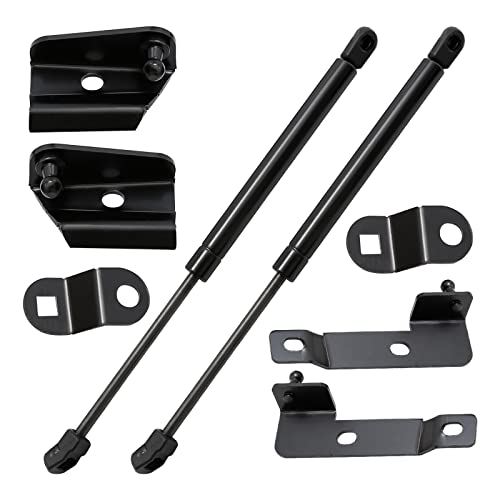You don't say what kind of engine you have, petrol/diesel.
First, a little about electricity and "arcing". There are two components to electrical power that we're familiar with - volts and amps. Volts represents the energy level, which is directly related to how far you can bridge a gap with that power. Petrol engines use coils to increase the (rather measly, but very safe) 12V to something in the order of 18,000 volts in order to make a spark jump across a couple of millimetres. A voltage like that can probably jump 15mm to 20mm in the right conditions (humidity helps).
The second component is current or amps, which represents the amount of energy flowing. This is where the true power lies. Welders don't use high voltage - they use low voltage but high current. Current is directly related to how many electrons are being pushed through the wire. The more current, the more electrons and the more electrons, the more heat in the wire - this is how fuses and electric heaters work. Heat generally comes from amps.
If diesel: the UHF aerial cable may have chafed on the positive battery line (either the battery itself, or the cable running to the starter motor). There simply isn't anything else in a diesel's engine bay that can produce enough power, and the contact must be direct since there's no high voltage present that can jump any sort of gap.
If petrol: you can generate a decent spark across a decent gap, but the total power is usually quite low. If I put in 12V at 2A to the coil, and ramp it up (assuming no losses, which is impossible but we'll do it for simplicity's sake) then the total watts in (which must equal the total watts out) is 24W and the output at 18,000V is only 0.0013 amps, which itself can't do any harm. The 18,000V can disrupt nerves in the body and even shock the heart into arrest, but the total power in a car's ignition coil is USUALLY very small.
Unless something is wrong of course - and a chafed connection between the UHF aerial cable and a HT lead could induce power. Enough to cause a significant burn after jumping a gap? That's a LOT of power, it would be a large current discharge through the 12V part of the system and I'd expect a fuse to let go - does your radio work (including sending/receiving clearly)? If it's a petrol car, I'd check the route of the cable, and check the condition of the HT leads.
Otherwise it's a bit of a mystery, unless that radio has something drastically wrong with it.
























